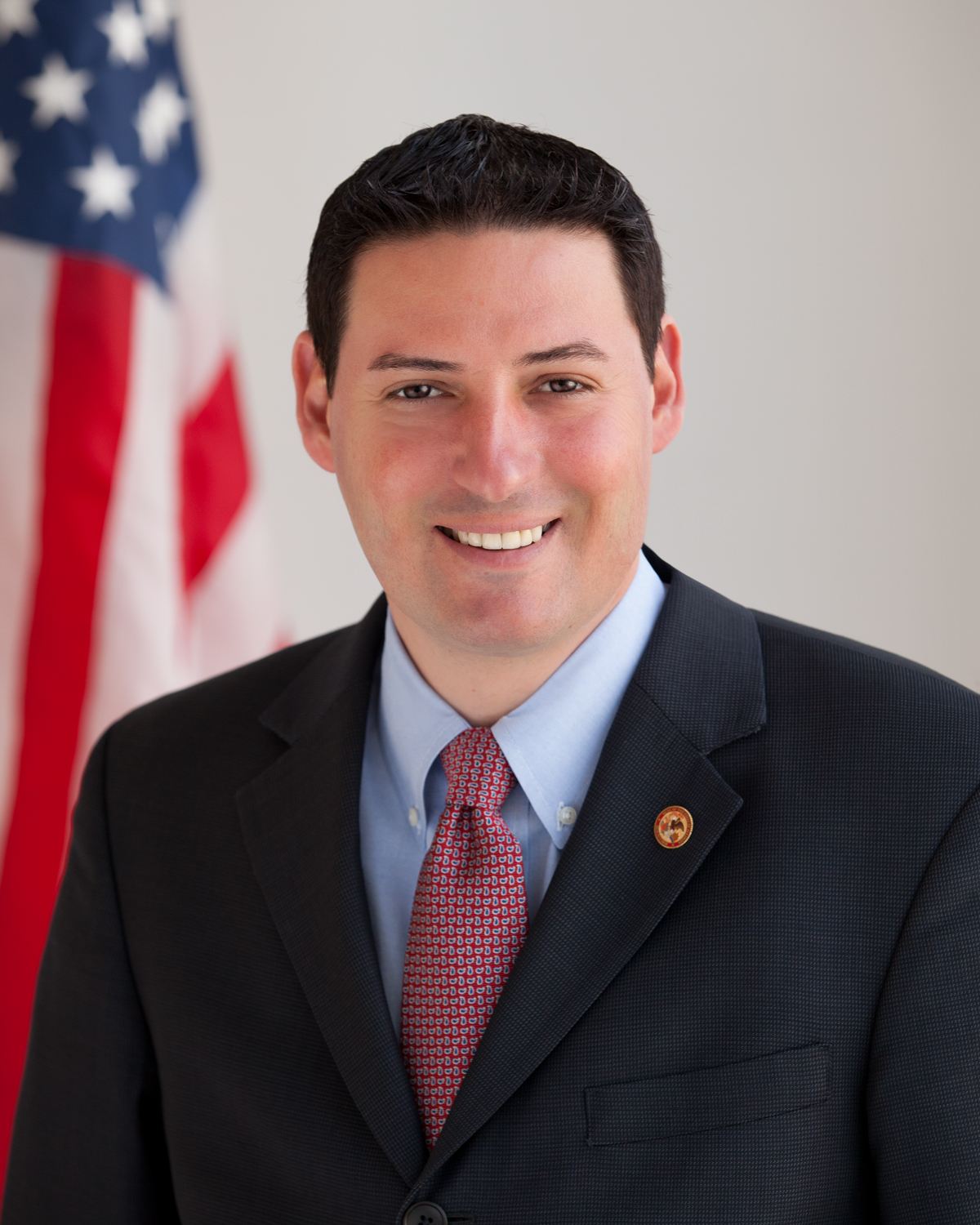As originally published in the Rockford Register Star…
In 2022, two Democratic State’s Attorneys set aside party affiliation to sue Governor JB Pritzker and IL Attorney General Kwame Raoul over the controversial SAFE-T Act. Their efforts resulted in a Kankakee County Judge declaring the no-cash bail provision of the law unconstitutional.
However, this ruling was appealed to the Illinois Supreme Court and last week, after much anticipation, they overturned the Kankakee judge’s decision and found that the no-cash bail provision of the Illinois SAFE-T Act is indeed constitutional.
Now, instead of all defendants being required to post bond to ensure they return to court, those that cannot be detained under the law are required to use the honor system and promise they will show up.
With nearly 30 years of experience as a police officer, I am deeply concerned about the implications of this decision. New challenges will burden law enforcement agencies. Local police departments and county sheriffs’ deputies will grapple with managing communities where potentially violent offenders awaiting trial walk free, while victims live in fear of their perpetrators and associates who could still pose a threat.
Prosecutors in state’s attorneys’ offices statewide will have to strategize more effectively when prosecuting crimes. They’ll have a smaller window to prepare victims and witnesses for complex trials, which may involve intense cross-examination, complicated legal language, and confusing judicial procedure. The need to expedite the processing of crime scene evidence, especially evidence requiring DNA testing, compounds these challenges. All of this puts them at a disadvantage when upholding the keystone of our judicial system – innocent until proven guilty.
Although my concerns as a police officer are significant, my concerns as a state representative are even greater. Despite what some may think, Illinois politicians take oaths that bind us to act transparently, honestly, and with integrity.
However, when examining the timeline of how this major change was brought to the people of Illinois, it’s clear lawmakers supporting the SAFE-T Act neglected their duty and manipulated our legislative process.
The SAFE-T Act, originally filed as HB 163 by Representative Justin Slaughter (D – Chicago) and Senator Elgie Sims (D – Chicago), faced an overwhelming amount of opposition from the start. A staggering 19,458 witness slips were filed in opposition, dwarfing the only 4,199 in support.
Despite the groundswell of opposition from prosecutors and local police departments, the bill’s Democratic proponents enacted a calculated strategy. They surreptitiously changed the bill’s designation to HB 3653. Then, without holding a committee discussion on the new bill, they denied opponents and proponents the chance to file new witness slips, concealing the massive number of slips originally filed against it.
With little time for review and clear opposition from law enforcement groups, the newly renumbered bill was swiftly pushed through the Senate and House. The bill, now signed into law as P.A. 102-652, enacted sweeping changes to law enforcement and judicial practices in Illinois.
The Democrats’ commitment to deception during this legislative process is troubling. There was a deliberate exclusion of Republican input. In fact, despite my attempts to contribute to the formal debate on the legislation on the House Floor, the Democrats deemed my law enforcement background irrelevant and refused to grant me time to speak.
This sequence of events, including the deliberate silencing of opposing voices, and the amendment being passed in the middle of the night, starkly highlights the fragility of our democratic process when power is unchecked.
What is most upsetting is with the Supreme Court’s ruling last Tuesday, they validated this process. They’ve endorsed lawmakers’ secretive business practices, the use of half-truths, and omissions to serve their political agendas.
The Supreme Court shirking their responsibility to correct this dangerous piece of legislation will be remembered as an egregious act, rivalling if not exceeding the actions of the legislators who passed the law in the first place.
